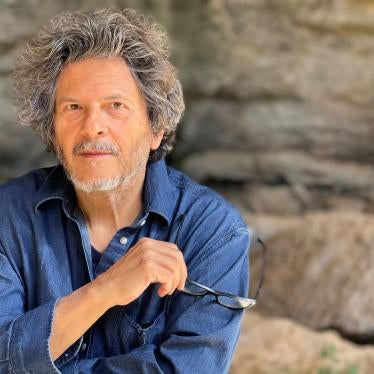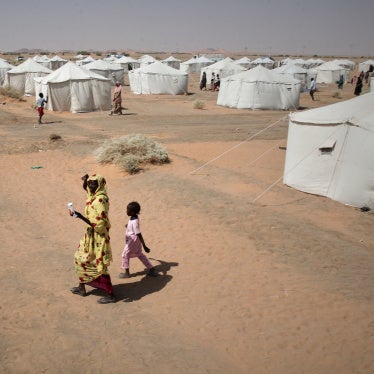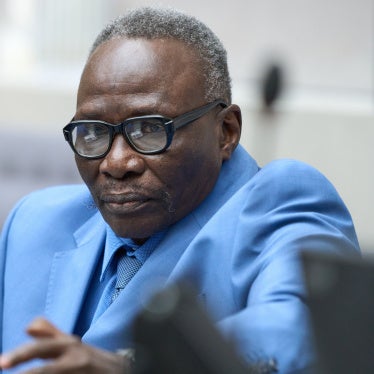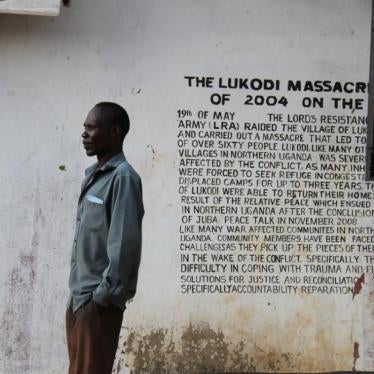With the announced withdrawals of South Africa, Burundi and the Gambia, the International Criminal Court (ICC) now faces the gravest crisis of its existence. The Court’s standing in Africa is in jeopardy as rumours abound that more states will follow. One way, however, for the Court to win over public and diplomatic opinion is to recruit its most legitimate and persuasive allies—the victims of atrocity crimes themselves.
As an example, the murderous rampage in Darfur, a signature crime of our generation, left hundreds of thousands dead and millions displaced. Yet the voices of those victims seem to be missing from the heated debate over the ICC’s arrest warrant for Sudanese President Omar al-Bashir, even when he visited South Africa in 2015. As a result, al-Bashir and his allies have been able cynically to shift the focus away from the atrocities themselves and paint the standoff as a political confrontation between Africa and the “international community.” The same kind of fight played out regarding Kenya, where a distant prosecutor was no match for an elected president who could manipulate continental sentiment (as well as the evidence, the crime scene and the witnesses).
Contrast that with recent victim-driven prosecutions such as those of Guatemala’s Efraín Ríos Montt, Haiti’s Jean-Claude “Baby Doc” Duvalier and Chad’s Hissène Habré. In the Habré case, the victims improbably succeeded in creating the political conditions to bring Habré to justice in Senegal, with the support of the African Union. The role of the survivors permeated the case from inception to verdict, building popular support along their 17-year quest, ultimately making it diplomatically irresistible. Thierry Cruvellier, a frequent critic of international courts, noted glowingly in the New York Times that “[n]ever in a trial for mass crimes have the victims’ voices been so dominant.”
The faces of the Habré campaign included the charismatic Souleymane Guengueng, who took an oath from his prison that if he survived he would fight for justice, Clement Abaifouta the president of the victims’ association, who had to bury his cell mates in mass graves, and their courageous lawyer, Jacqueline Moudeina, who survived an assassination attempt to drive the legal battle. Their visible leadership made it impossible for Habré to paint himself as a political “victim” or to tar his prosecution as imperialistic (though he tried both). I have witnessed how Guengueng’s story brought tears to government officials who went on to champion his right to justice.
Support for the prosecution of Jean-Claude Duvalier—who was being investigated for crimes against humanity before his death—was mobilized by magnetic survivors such as Boby Duval, who counted 180 deaths in his Fort Dimanche prison cell, and journalist Michèle Montas, imprisoned and exiled with her husband Jean Dominique.
Reed Brody has worked for 17 years with Hissène Habré’s victims. He also worked on the cases of Augusto Pinochet of Chile and Jean-Claude “Baby Doc” Duvalier of Haiti.









